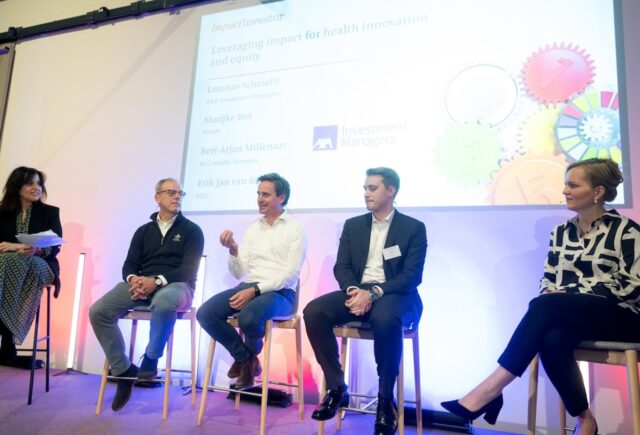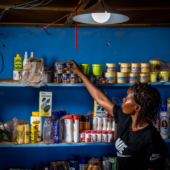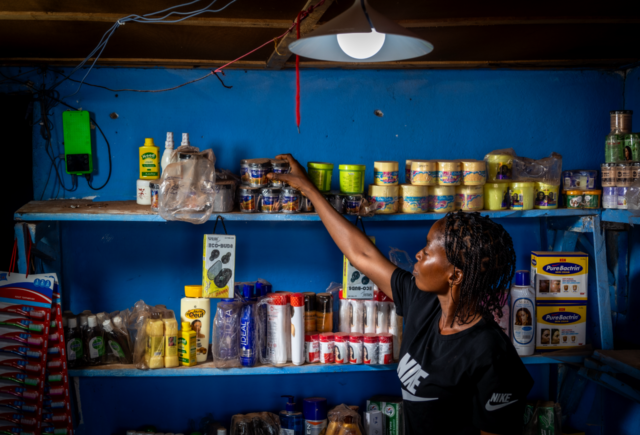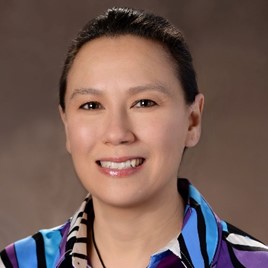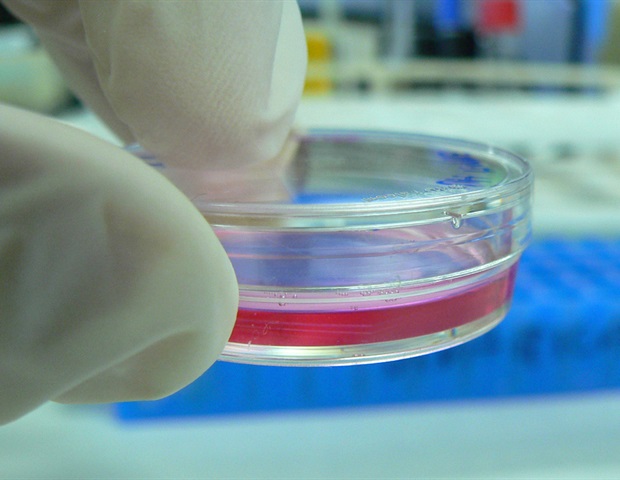BlueEarth issues $11m sustainability-linked loan to back Namibian hospital

Blue Earth Capital has completed an investment into a private hospital in Namibia specialising in maternity and neonatal healthcare, in support of its acquisition by private equity investment manager Salt Capital.
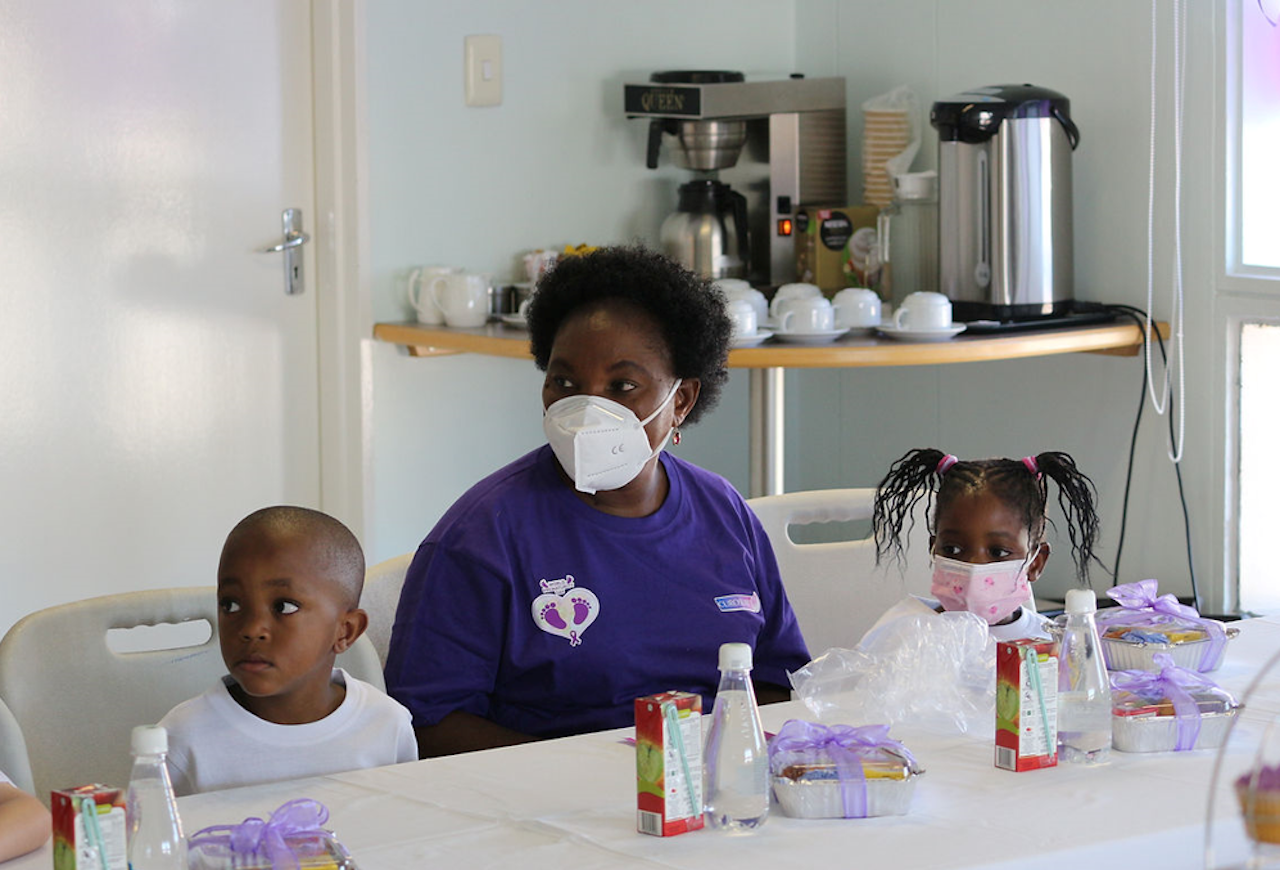
Blue Earth Capital (BlueEarth) has announced the completion of a private credit investment of $11m into Rhino Park, a multi-disciplinary private hospital in Namibia specialising in maternity and neonatal healthcare.
The investment is being made through a sustainability-linked loan in support of the acquisition of the hospital by Salt Capital, a Southern Africa focused private equity investment manager.
Swiss-based BlueEarth has directed the investment in support of Rhino Park’s expansion, which includes the development of an operating theatre for more advanced surgical procedures, a primary healthcare centre, and new MRI imaging facilities.
In response to questions from Impact Investor, Amy Wang, head of private credit at BlueEarth, explained the investment had been made through the company’s private equity partnership strategy and that they had been in discussions with Salt Capital around potential involvement to support their pipeline as a committed investor in sub-Saharan Africa.
“Through this process, we identified Rhino Park as a high quality healthcare provider in the region, aligned with BlueEarth’s focus on delivering measurable impact in health, and developed a tailored credit package to support with Salt Capital’s investment in Rhino Park.”
Improving maternal mortality and neonatal disorders
According to figures from the World Bank, Namibia ranks second highest among upper-middle-income countries globally for maternal mortality. Neonatal disorders are also a major health challenge and a leading cause of premature death in Namibia, with 32% of under-five deaths occurring in the first month of life.
BlueEarth said that as the nation’s second-largest private hospital with the largest obstetrics department in the country, Rhino Park was working to address the twin challenges of improving maternal mortality and addressing neonatal disorders.
“This hospital was chosen primarily due to its dedicated focus on neonatal health and maternal mortality, which we’d identified as key challenges in the Namibian market and ones we would directly be able to address through our investment,” said Wang.
“Supporting this hospital, which has the largest existing neonatal and maternal ward in the country, will enable the increased reach and service of the facility to underserved communities, as well as expanding their existing infrastructure, for example via a new operating theatre- directly addressing health challenges and delivering impactful outcomes from day one of the investment.”
The investment is BlueEarth’s first private credit investment in the healthcare sector.
Healthcare development
BlueEarth also highlighted the hospital’s commitment to furthering the nation’s healthcare development by offering nursing student placement programmes and providing study loans to its nursing staff, which the company said helped to upskill workers and ensure continuity in Namibia’s ability to produce an adequate supply of skilled domestic health workers.
“Another key factor in our decision to invest in Rhino Park is its work with nursing students from the University of Namibia and International University of Management, who work in the facility under direct supervision of registered Rhino Park nurses to gain valuable, practical skills alongside their academic studies,” said Wang who explained that Rhino Park also provided sponsorship loans for nurses who were continuing their studies, specifically for enrolled nurses to train to become registered nurses and further improve their career prospects.
“After graduating, nurses then return to work at the hospital, providing a continual benefit for local residents via upskilling and access to high quality jobs, alongside the provision of dedicated, specialist care in the local community,” she added.
Latest articles
link


